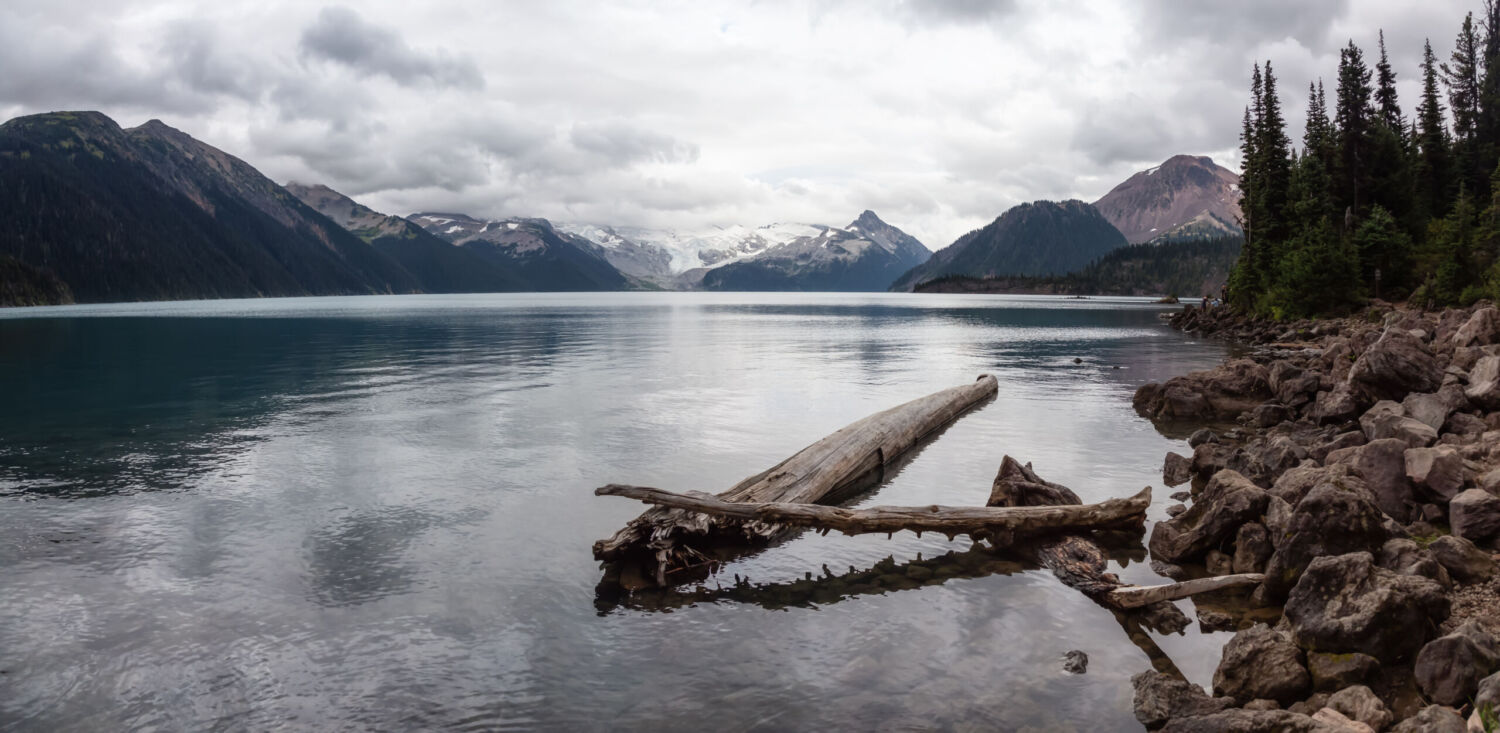Largest private donation in B.C. Parks Foundation’s history could signal larger shift in philanthropy
Why It Matters
Canada’s remaining wilderness needs greater protection. A $100 million donation will protect more land in British Columbia – but it could also change how business leaders choose to preserve their legacies. Right now, only an estimated 3 per cent of charitable donations benefit the environment.

The B.C. Parks Foundation received the largest private donation ever made to a conservation organization in Canada this September, but those in Canada’s philanthropic world believe the impact goes beyond the Wilson 5 Foundation’s $100 million gift to the charitable partner of B.C. Parks.
“We have understood legacies to be about causes the dead cared about in the past, whereas now, we are starting to understand these gifts as bequests for a shared future,” said Oana Branzei, professor of international business, strategy and sustainability at Western University’s Ivey Business School. “It’s a complete temporal swap as to what a legacy is meant to be.”
Chip Wilson, founder of lululemon athletica, launched the Wilson 5 foundation in 2012 with his wife Summer Wilson. Both spoke publicly about the donation, made on behalf of their entire family, at a recent press conference in Vancouver’s Stanley Park.
“It’s our hope that this gift will mark a major step change in B.C.’s efforts to protect its incredible natural wealth,” Chip Wilson said. “This donation supports our family’s charitable focus, and we hope that it will inspire additional donations from British Columbians and friends from around the world to the B.C. Parks Foundation, joining them in pursuit to ensure that B.C. has the greatest parks system on earth.”
The massive endowment will be put towards protecting three particular ecosystems, including 528 acres under threat of development in Saulteau, West Moberley and McLeod First Nations territories. The area, collectively known as Falling Creek Sanctuary, is an important overwintering habitat for moose, caribou, deer, and other mountain ungulates.
“I am encouraged by the bold examples we are seeing in philanthropy,” said independent philanthropic advisor, Rebecca Darwent. “The main obstacles that limit philanthropists and foundations from making large unrestricted donations are mindsets and behaviours of scarcity. If there is a desire to move capital, power, and resources, it gets done.”
Canada has seen donations of this size before – just not in the field of conservation or climate protection. Branzei noted this particular donation is part of an emerging trend where donors with biological heirs choose causes that don’t specifically benefit their offspring but rather benefit the entire generation their children belong to, along with future generations.
Some contrasted the Wilson 5 donation to the one made by Patagonia founder Yvon Chouinard and his family only one day earlier. They gave up more than $3 billion in voting stock to a trust that will reinvest the company’s profits into the fight against climate change.
“The format that Chip Wilson is using is still very conservative … the nature of the bequest is still in the format of ‘Here’s my money, I give it to you to invest in creating this future value,’” said Branzei. “I think for a company as Patagonia, the gesture is even more powerful because it actually hands over the controls.”
But that’s not to diminish the Wilsons’ contribution, she added.
Darwent believes donations like this could, as Chip Wilson hopes, inspire other philanthropists, individuals, families, foundations and corporations to follow suit. “Community and environmental needs are urgent. Remember, this bold generosity is not exclusive to ultra-high-net-worth individuals and families.”
The B.C. Parks Foundation is also hoping the landmark gift inspires governments, businesses and British Columbians to pull together to conserve the province’s wilderness. The donation coincided with the launch of 25×25, a multi-year campaign to protect 25 per cent of land and waters in partnership with Indigenous peoples.
“We appreciate seeing land protected from industrial development to preserve wildlife corridors, support an ecological balance, and facilitate the meaningful exercise of our treaty rights,” said Chief Justin Napoleon, Saulteau First Nations.
The campaign also encourages people to spend a minimum of 2.5 hours outdoors each week, aiming to improve mental and physical well-being by facilitating a greater connection to, and appreciation of, the natural world.
“These are very ambitious targets,” said Andy Day, CEO of B.C. Parks Foundation. “But around the world, this is a critical decade to take action on climate change and biodiversity loss.”
Branzei added that this donation, along with that made by the founder of Patagonia, signal a realignment of where value is placed in corporate activism.
“More and more leaders will be investing in the value of natural commons,” she said. “So I think this swapping of means and ends has been rendered obvious, unveiled by saying, ‘Here’s my fortune, my fortune is a means to an end, and the end I actually value is a green future, is trees, forests and clean air; a future for the next generation.’”
